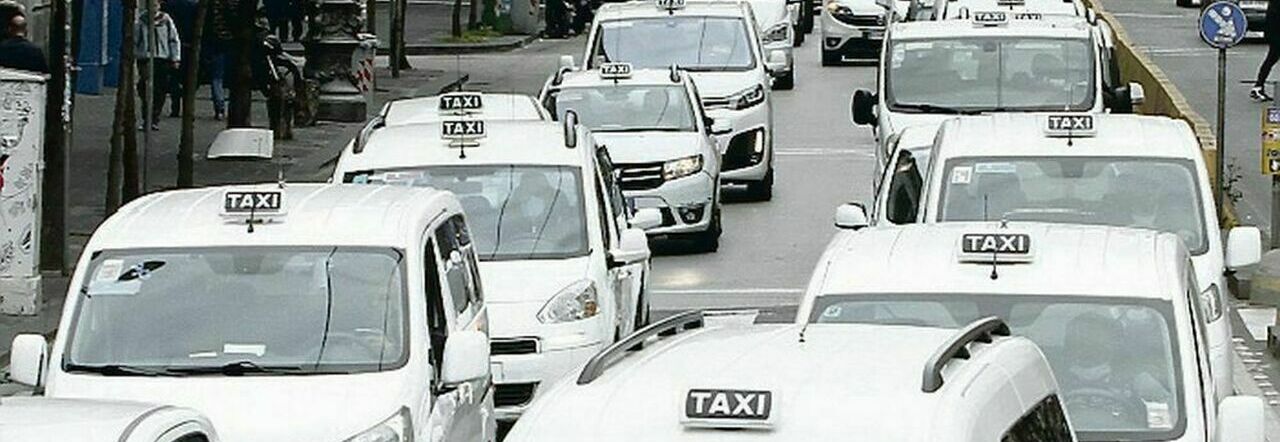Antitrust Calls for Increased Taxi Licenses and Shift Flexibility in Major Italian Cities

Wednesday 6 March 2024, 11:55
2 Minutes of Reading
"It is necessary to increase the number of taxi licenses and the flexibility of shifts because issues have been encountered in Milan, Naples, and Rome," is the notification from the Antitrust to the municipalities that must provide stable monitoring of the supply and an adequate level of taxi service for the transportation of handicapped individuals. According to the Authority, the supply is also lacking in Palermo, while in the Municipalities of Bologna, Genoa, and Turin, no particular issues in the supply have emerged. It is necessary to adjust the number of licenses to the demand, pushing the increase beyond the 20% set in an extraordinary manner in the so-called Asset decree. Already in August 2023 - the authority led by Roberto Rustichelli reminds - the Antitrust had sent a first request for information to the Municipalities of Milan, Naples, and Rome and to the main taxi cooperatives and booking platforms to assess the service supply conditions and shed light on the serious service disruptions reported by users. After analyzing the information acquired, the Authority sent a notification to the aforementioned three Municipalities in which some significant issues were highlighted, such as the structural insufficiency of licenses to meet demand (which generates a very high number of unfulfilled requests and excessively long waiting times); a widespread inertia of the Municipalities in requesting the necessary information from the taxi cooperatives to verify the adequacy of the service, with negative outcomes in terms of timely detection and correction of any issues; an excessive rigidity of the shift regime. On November 17, 2023, the AGCM directed another request for information to the Municipalities and taxi cooperatives of Bologna, Florence, Genoa, Palermo, and Turin. In the Municipality of Palermo, a structural shortage of supply and the absence of controls and measures for flexible regulation of shifts emerged, while in the Municipality of Florence, the lack of a monitoring mechanism on the provision and quality of the service was found, for which the Authority decided to send a notification to the same highlighting such issues. Conversely, in the Municipalities of Bologna, Genoa, and Turin, no particular issues in the service offer emerged, for which no communication was sent to them. The Antitrust proposes the adoption of some corrective measures: it is necessary to adjust the number of licenses to the demand by pushing the increase beyond the 20% ceiling set in an extraordinary way in the so-called Asset decree by quickly adopting public competition announcements for the assignment of new licenses. Secondly, it is necessary to make stable and effective monitoring of the service quality, requiring, at least annually, the taxi cooperatives for the information necessary to determine if the number of active licenses is sufficient. According to the Authority, additional measures should be adopted, such as the regulation of the double driving institute, the implementation of taxi sharing, and the efficiency of shifts.
© ALL RIGHTS RESERVED
This article is automatically translated
This article is automatically translated
